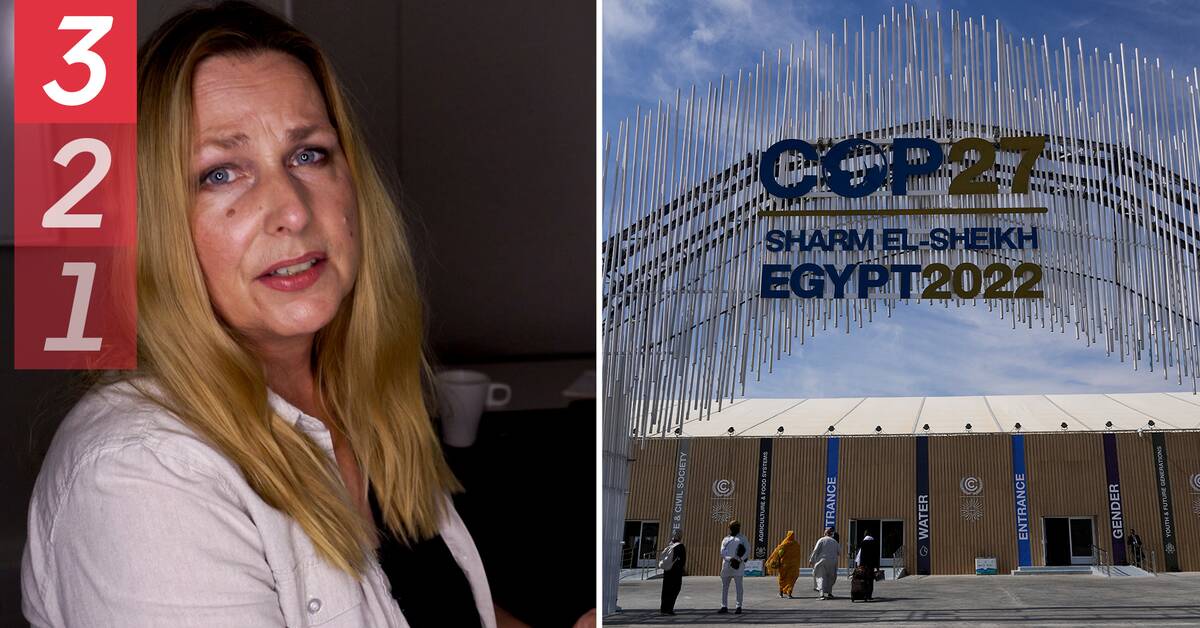After the Arab Spring, General Abdel Fatha el Sisi seized power in Egypt in 2013 in a bloody coup, and today rules Egypt with an iron fist with the help of the military.
Ahead of this year's climate meeting, Human Rights Watch's head of environment and human rights says in an interview with SVT that Egypt is "a black hole" when it comes to freedom of expression and human rights.
Since the coup there is a de facto ban on demonstrations and freedom of expression is limited.
Thousands of political opponents, human rights activists and journalists have been arrested.
The road is lined with checkpoints
No independent Egyptian organizations have been accredited to COP27, and inside Sharm el Sheikh, the security services have taken over control.
The only road to Sharm el Sheikh is lined with military checkpoints, and over 60 activists are reported to have been arrested in the past two weeks alone,
Even international media have strict rules about what they are allowed to cover and broadcast home from Egypt.
Susan Ritzén is one of SVT's reporters on site in Sharm el Sheikh during the meeting.
- It is like this in some countries with authoritarian rule. The important thing is that we - with the frames we have - still manage to depict events and people and their conditions in a fair way.
We will do that now too, says Susan Ritzén.
Hear SVT's reporter Susan Ritzén about the media's three most important challenges at the meeting in Egypt in the clip.

